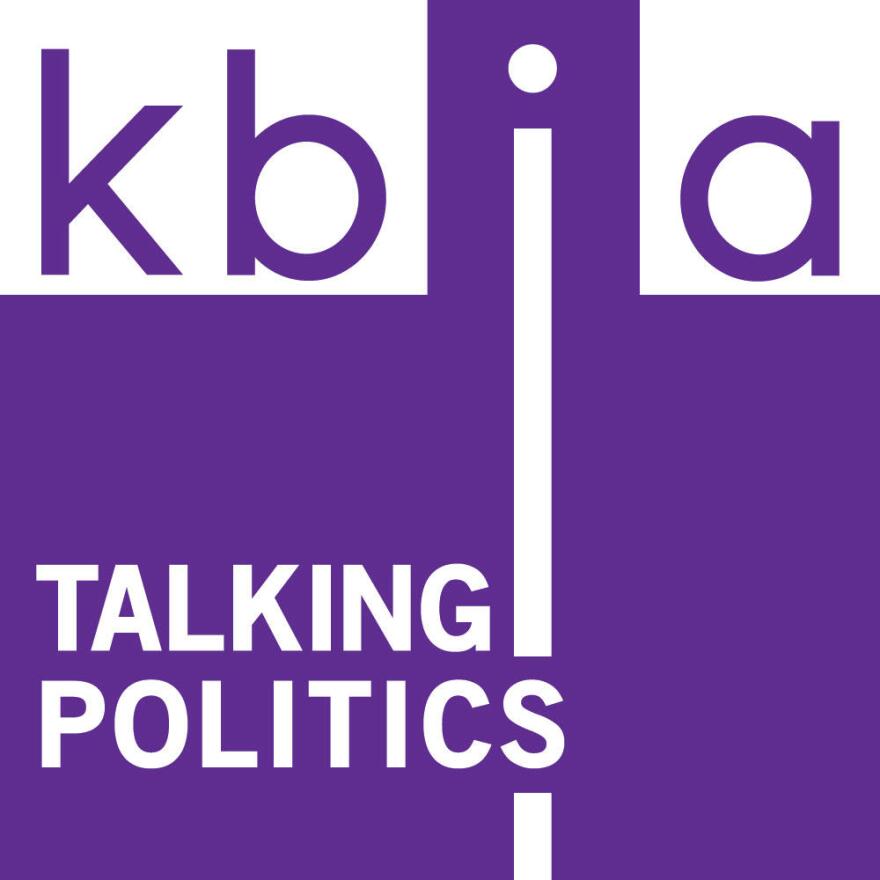I’m not on social media. Well, I’m on LinkedIn maybe twice a month, if that counts. You should try ignoring social media sometime. Or better – quitting. I hear it’s a potential cure for insanity. But I digress.
I was recently introduced to a new concept: The Attention Economy, evidently the successor to the Information Economy. Here’s a recent quote about someone on the commanding heights of this new economy that helps explain it:
'[Elon] Musk puts his critics in a real bind. Broadly speaking, in an attention economy there’s no satisfying way to deal with people like them. There’s a circular thing where they command attention because they have some kind of power (fame, money, etc.) but increasingly, their ability to command attention also grants them power (to influence the news cycle, amass cult-like followings, enhance their business)."
The temptation to mention Donald Trump here is almost overwhelming, but I’ll resist it.
Ezra Klein writes in a recent New York Times column that the major social media platforms are “essential to modern life.” He calls them “town squares, infrastructure – too important to entrust to billionaires and businesses, but that makes them too dangerous to hand over to governments.”
He singles out Tik Tok, the fastest growing social medium, and says it presents two problems. The first is data espionage, harvesting data that could be valuable to, say, foreign governments. The other is the manipulation problem. Klein says “Tik Tok’s real power isn’t over data. It’s over what users watch and create.”
Recent examples include videos backing the Russian narrative on the war in Ukraine. China definitely gets this: They have built an internal firewall against Facebook, Google, Twitter – and Tik Tok.
Klein continues:
"Tik Tok’s billion users don’t think they’re looking at a Chinese government propaganda operation because, for the most part, they’re not. They’re watching makeup tutorials and recipes and lip sync videos and funny dances. But that would make it all the more powerful a propaganda outlet, if deployed."
Klein concludes by acknowledging the new Attention Economy without actually naming it:
"Our collective attention is important. Whoever (or whatever) controls our attention controls our future. The social media platforms that hold and shape our attention need to be governed in the public interest. That means knowing what’s truly running them and how they’re running them."
If you’re in the tiny minority of Americans like me who don’t use social media, you can ignore this warning. But if you’re not, check your phone. Tik Tok has a Great Replacement conspiracy theory customized just for you.
Dr. Terry Smith is a Political Science Professor at Columbia College and regular commentator on KBIA's Talking Politics.

